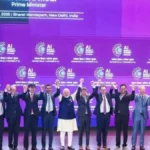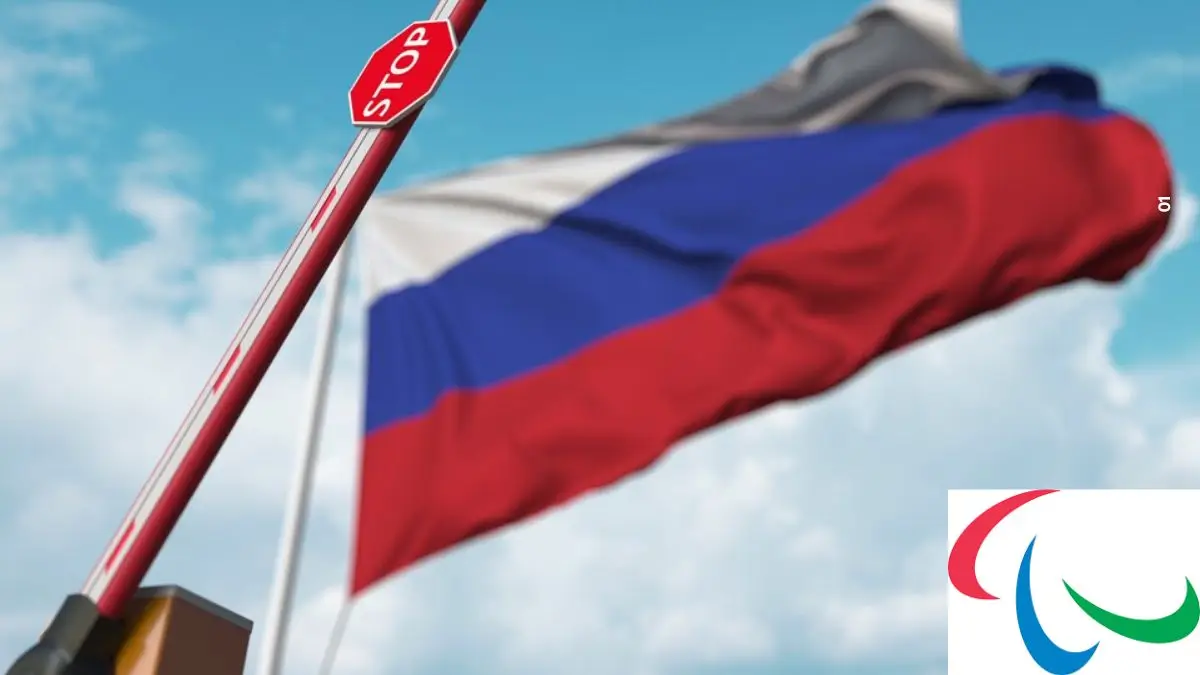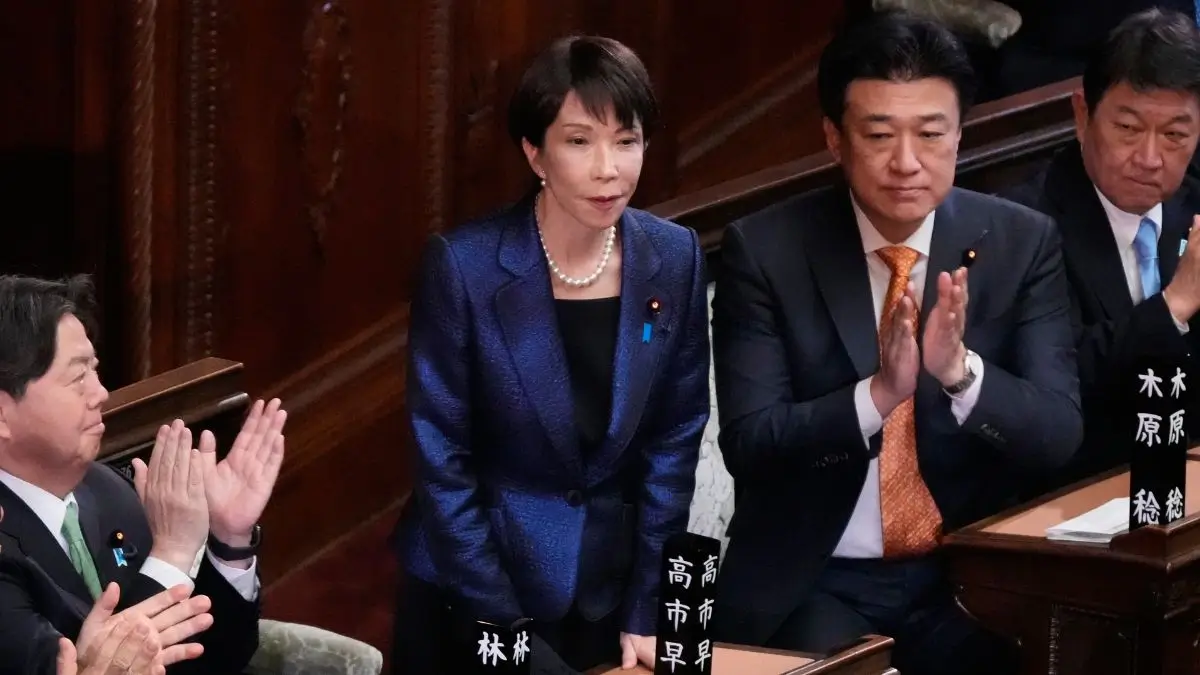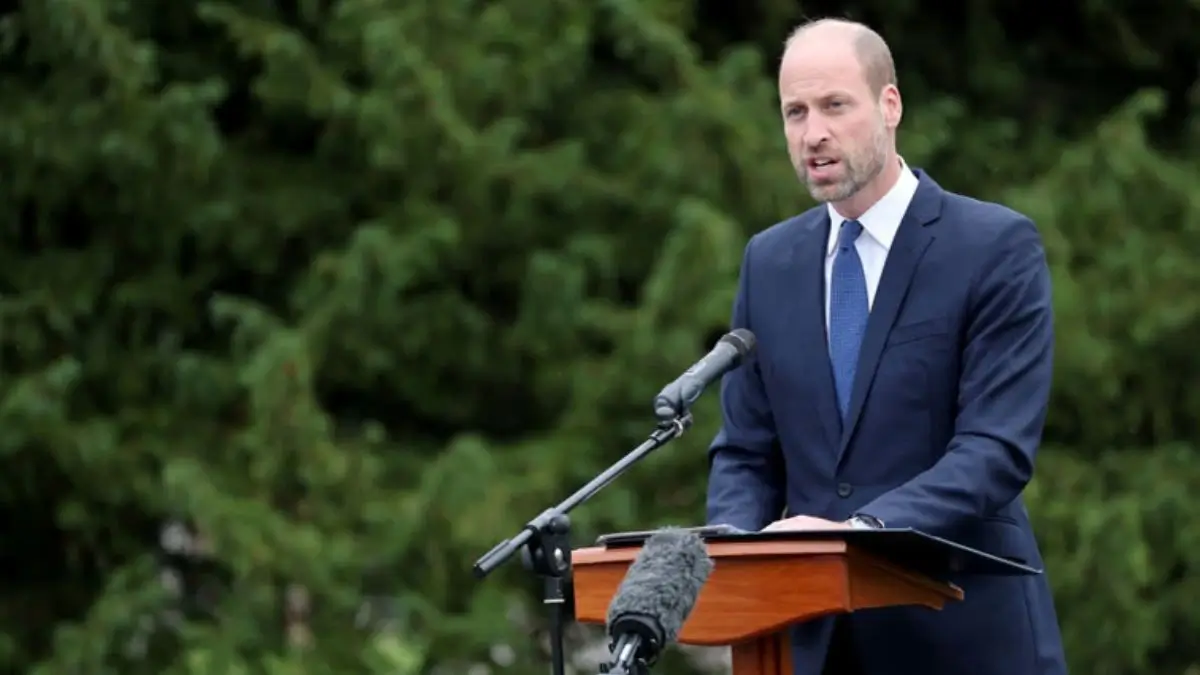Brazil Awarded 2027 Women’s World Cup Hosting Rights
Brazil has been awarded the hosting rights for the 2027 Women’s World Cup, marking a significant milestone for women’s football in the country and the global sporting community. This decision comes after a rigorous selection process by FIFA, the international governing body of football, highlighting Brazil’s growing influence and commitment to promoting gender equality in sports.
The announcement was made by FIFA President Gianni Infantino during a ceremony held in Zurich, Switzerland, where he praised Brazil’s passion for football and its dedication to advancing the women’s game. This decision reflects FIFA’s ongoing efforts to expand the reach and impact of women’s football worldwide, providing more opportunities for female athletes to showcase their talent on the global stage.

Why this News is Important
Boost for Women’s Football in Brazil The decision to award Brazil the hosting rights for the 2027 Women’s World Cup is a significant boost for women’s football in the country. Brazil has a rich footballing tradition, but the women’s game has often been overshadowed by the men’s. By hosting the prestigious tournament, Brazil has the opportunity to elevate the profile of women’s football and inspire a new generation of female athletes.
Global Recognition for Brazil Hosting the Women’s World Cup is not only a sporting honor but also a symbol of global recognition for Brazil. The country’s successful bid demonstrates its capability to organize and host major international events, showcasing its infrastructure, hospitality, and passion for football to the world.
Promoting Gender Equality in Sports The decision to award Brazil the hosting rights aligns with FIFA’s broader goal of promoting gender equality in sports. By investing in women’s football and providing opportunities for female athletes to compete at the highest level, FIFA aims to break down barriers and empower women and girls through sport.
Historical Context
Brazil has a long history of football excellence, with the men’s national team winning the FIFA World Cup a record five times. However, the women’s game has faced challenges and discrimination, with female players often struggling for recognition and support. Despite these obstacles, Brazil has produced many talented female footballers who have excelled on the international stage.
In recent years, there has been growing momentum to support and develop women’s football in Brazil. Initiatives such as the establishment of professional leagues, grassroots programs, and increased media coverage have helped raise the profile of the women’s game and attract more participants.
Key Takeaways from “Brazil Awarded 2027 Women’s World Cup Hosting Rights”
| Serial Number | Key Takeaway |
|---|---|
| 1. | Brazil has been awarded the hosting rights for the 2027 Women’s World Cup, signaling a significant boost for women’s football in the country. |
| 2. | The decision reflects FIFA’s commitment to promoting gender equality in sports and expanding the reach of women’s football worldwide. |
| 3. | Hosting the Women’s World Cup is a symbol of global recognition for Brazil and its capability to organize major international events. |
| 4. | The announcement highlights Brazil’s passion for football and its dedication to advancing the women’s game on the global stage. |
| 5. | The successful bid underscores Brazil’s growing influence in the world of sports and its commitment to fostering a more inclusive and diverse sporting community. |
Important FAQs for Students from this News
Q: When will Brazil host the 2027 Women’s World Cup?
A: Brazil will host the 2027 Women’s World Cup, as announced by FIFA.
Q: Why is hosting the Women’s World Cup significant for Brazil?
A: Hosting the Women’s World Cup is significant for Brazil as it boosts the profile of women’s football in the country and demonstrates its capability to organize major international events.
Q: What does FIFA’s decision to award Brazil the hosting rights signify?
A: FIFA’s decision signifies its commitment to promoting gender equality in sports and expanding the reach of women’s football worldwide.
Q: How does Brazil’s successful bid impact the global sporting community?
A: Brazil’s successful bid highlights its passion for football and dedication to advancing the women’s game on the global stage, impacting the global sporting community positively.
Q: What initiatives has Brazil undertaken to support women’s football in recent years?
A: Brazil has established professional leagues, implemented grassroots programs, and increased media coverage to support and develop women’s football in recent years.
Some Important Current Affairs Links

















